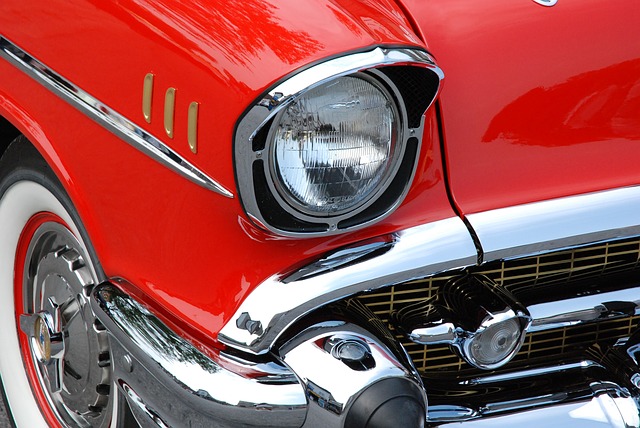When we buy a vehicle, we must worry about proper maintenance of it, the type of fuel, whether diesel or gasoline, is usually one of the key factors when selecting the vehicle of our dreams.
The correct decision between a diesel engine or a gasoline engine can be decisive since a multitude of factors can change a lot if we choose one or the other. We are going to explain all the factors one by one and compare the advantages and disadvantages of diesel and gasoline engines so that you can choose the car as you like.
What do you need to choose between a diesel or gasoline car?
- Money to buy.
- Basic knowledge of motors and mechanics glossary.
- Observation ability.
- Be clear about what you need.
Instructions for choosing between a diesel or gasoline car
- Price: The price of the car is the main factor when deciding, because most of us need to request a loan to buy a car and whether that loan is large or small will be decisive. As a general rule, the gasoline engine wins by a landslide here, since the engine is usually cheaper and therefore the cost of the vehicle becomes cheaper.
- Consumption of diesel and gasoline cars: Consumption is also key, nobody likes having to drop the dough to refuel every few kilometers as it is uncomfortable as well as expensive. In this section, diesel cars win as a general rule, since the diesel engine has always consumed less fuel than the gasoline engine, up to 25% less fuel consumption.
- Price: As we know, fuels have different prices depending on the type we use. In this section, diesel wins again since diesel fuel usually costs between 10 and 15 cents less than classic gasoline.
- Performance and maintenance of diesel and gasoline: We need our car to always work on point and with the least possible breakdowns, we want performance, acceleration, speed and that in the event of the dreaded breakdown it doesn’t come out through an arm and a leg. In the aspect of repairs, gasoline engines win since they are cheaper to maintain than diesel engines due to their greater complexity. If we talk about engine efficiency, although years ago the gasoline engine won by a landslide, today they are quite equal in terms of power, speed and efficiency since research on diesel has improved a lot.
- Environment: More and more people are concerned about keeping the planet as less polluted as possible, although it is inevitable to pollute something, we always try to keep it as little as possible. In this aspect we give the victory to diesel because gasoline, although its efficiency has improved considerably, especially if it is high octane, is very harmful to the environment, and diesel, although it also pollutes, pollutes much less than gasoline.
Tips for choosing between a diesel or gasoline car
- Weight and other characteristics: You should not only look at the characteristics of the type of engine to choose the vehicle, since there are other factors that directly affect our pocket. In general, the heavier the car, the more fuel it will consume, be it diesel or gasoline, also a powerful engine will consume much more than a less powerful engine and also the type of vehicle traction is crucial, since an SUV with 4-wheel drive and 2,000 kilos of weight will consume more than a 800-kilo utility vehicle with a front-wheel drive engine, both due to weight and traction, since the SUV has to transmit power to all 4 wheels, causing more expense.
- Lots of data but What should I do? First you have to know exactly what you really need. Do you really need that 300-horsepower car, or would you get by with one of 120? If you need an SUV, we recommend a diesel engine, since the engine will consume much less fuel than a gasoline, for example, it can lower you from a beastly consumption of 14 liters per 100 km to a more normal 9 liters per 100 km. Although at first the investment is higher in the long run you will save. If instead you want a small stroller, we recommend gasoline. Firstly, the investment will be much less expensive than with diesel engines, secondly, consumption will be practically the same as with diesel since, being small cars, the change to diesel will hardly be noticeable in consumption, perhaps You go from spending 5 liters per 100 km to spending 6 liters per 100 km but that is hardly noticeable, that is why it is not worth buying diesel if the car is small and it will be used little, in this article we show you how to calculate the consumption of a gasoline car to help you in the decision.






